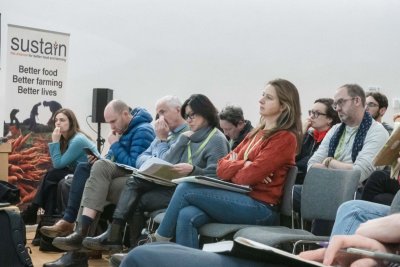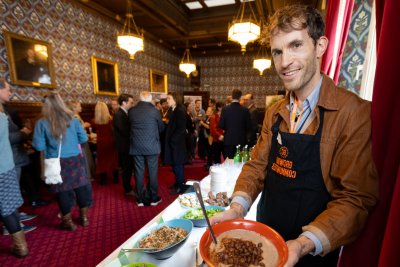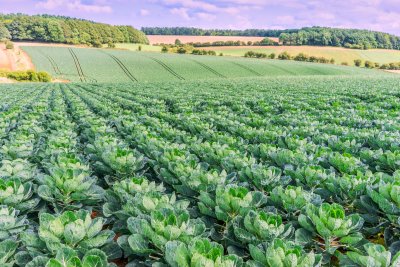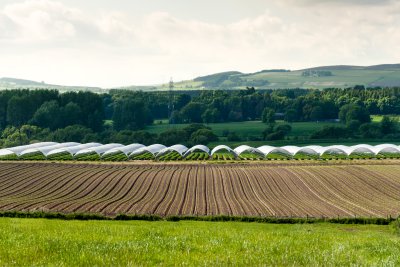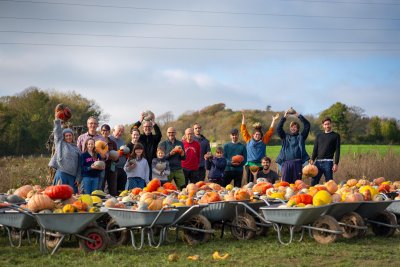An 18-year study of 62 species of wild bees in the UK has concluded that bees foraging on oilseed rape crops where the seeds had been treated with neonicotinoid pesticides were three times more likely to suffer population decline than bees not exposed to the chemicals in this way.
The results, published in the journal Nature Communications, reinforce earlier, lab-based studies that demonstrated that commercially bred bees could be adversely affected by exposure to 'neonics'. The study provides the first evidence that these effects are replicated and scaled-up in wild bee populations.
Neonicotinoids were initially licensed for use as a pesticide in Britain in 2002. By 2011, they were used as a seed-dressing on more than 80% of UK oilseed rape seeds. The European Union limited use of the chemicals two years ago, after research highlighted risks to bees, but UK farmers and the NFU have sought to have the ban lifted.
Read the full report here, and find out more about Sustain's projects to promote greener, fairer farming here.
Sustain: Sustain The alliance for better food and farming advocates food and agriculture policies and practices that enhance the health and welfare of people and animals, improve the working and living environment, enrich society and culture and promote equity.

